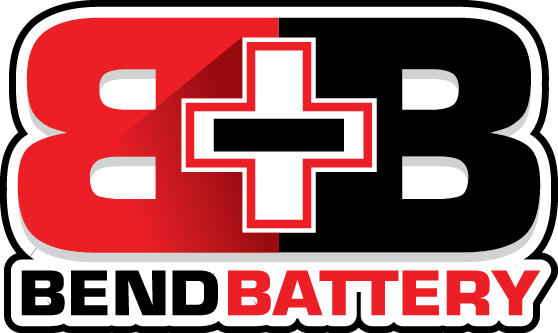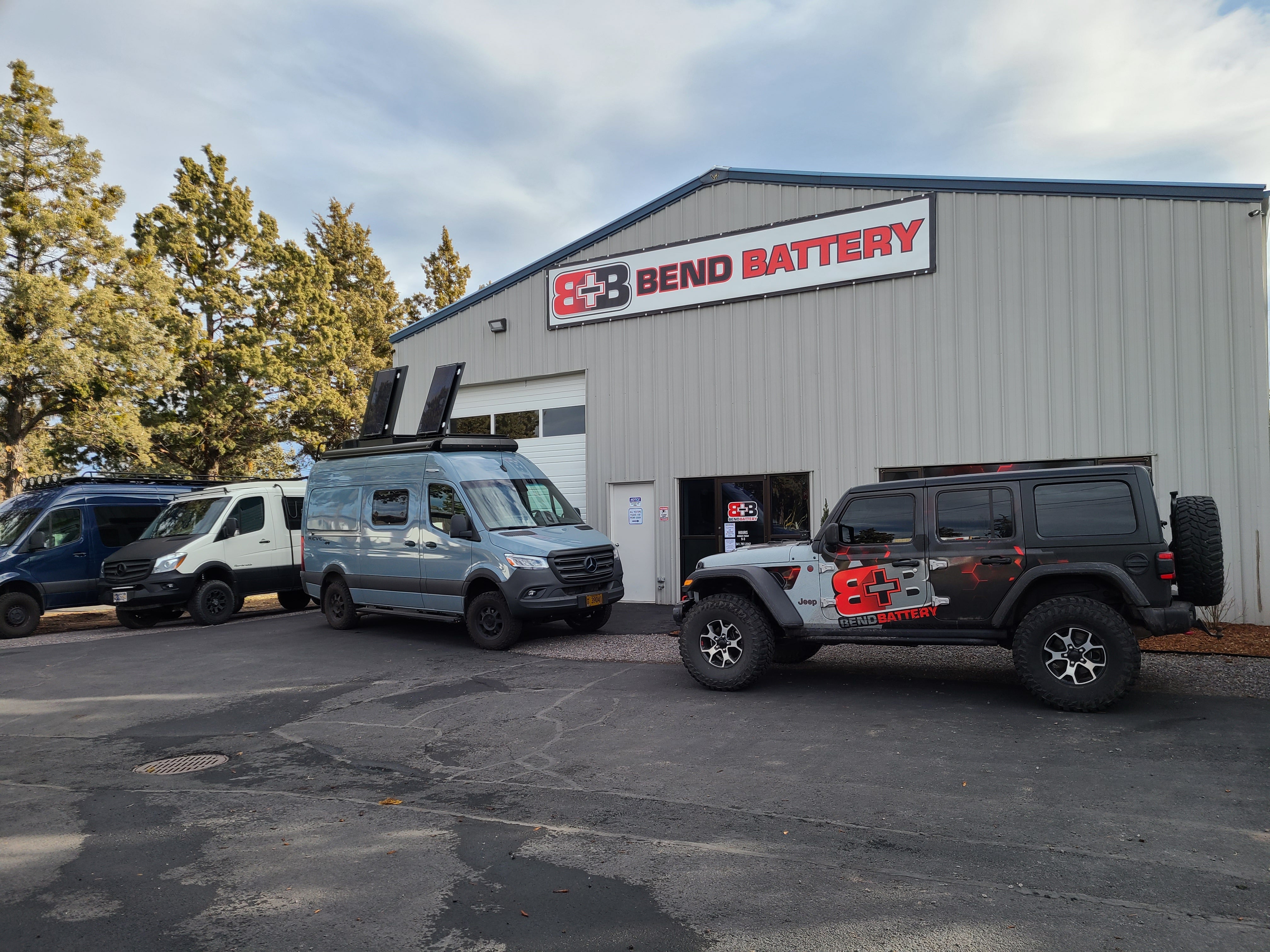When it comes to hitting the open road, nothing beats the freedom and independence of off-grid RV living. Imagine parking in a secluded spot, surrounded by nature, with all the comforts of home powered by the sun. Sounds dreamy, right? But how exactly does solar power work for RVs, and what do you need to get started?
Let’s break it down step-by-step so you can confidently embark on your solar-powered adventure!
1. How Does Solar Power Work for RVs?
At its core, solar power is a simple process. Solar panels capture sunlight and convert it into electricity, which is stored in your RV's battery system. This electricity powers everything from your lights and fridge to your devices and even your air conditioning (with the right setup).
Think of it as creating your own portable power station wherever you go.
2. The Essential Components of an RV Solar System
To get started with solar, you'll need a few key components:
- Solar Panels: These are mounted on your RV roof or used as portable units. Panels come in various sizes and efficiencies, so you'll want to choose based on your power needs and space.
- Charge Controller: This regulates the power coming from your solar panels to prevent overcharging your batteries.
- Batteries: These store the energy your panels collect. Lithium batteries are a popular choice for their long lifespan and efficiency.
- Inverter: This converts the stored energy into usable power for your appliances and devices.
3. How Much Solar Do You Really Need?
This depends on your RV lifestyle. Do you love boondocking in remote locations for days or weeks at a time? Or do you mostly stay at campgrounds with hookups and want solar as a backup?
Start by calculating your daily power usage. Make a list of the appliances you’ll use, their wattage, and how long you’ll use them. This will give you a rough idea of how much solar and battery capacity you need.
4. Tips for Maximizing Solar Efficiency
- Park Smart: Aim for sunny spots, and avoid shade from trees or buildings.
- Keep Panels Clean: Dust and debris can reduce efficiency, so give them a quick wipe regularly.
- Monitor Your System: Use apps or monitors to track your solar production and battery levels.
5. The Perks of Going Solar
- Freedom to Explore: No more being tied to crowded campgrounds or hookups.
- Cost Savings: Once installed, solar power is free and reduces reliance on fuel-powered generators.
- Eco-Friendly: Embrace the green lifestyle by reducing your carbon footprint.
6. Getting Started with Your Solar Setup
If you’re new to RV solar power, start small. Portable solar panels are a great entry point to test the waters. Once you're ready to commit, consider working with a professional installer to ensure your system is tailored to your needs.
Off-grid living doesn’t have to feel overwhelming or complicated. With the right solar setup, you’ll enjoy the freedom, independence, and peace of mind that come with sustainable power.
Now, pack your bags, pick your dream destination, and let the sun fuel your next adventure!


Share:
Top 5 RV Battery Upgrades for Extended Boondocking Adventures